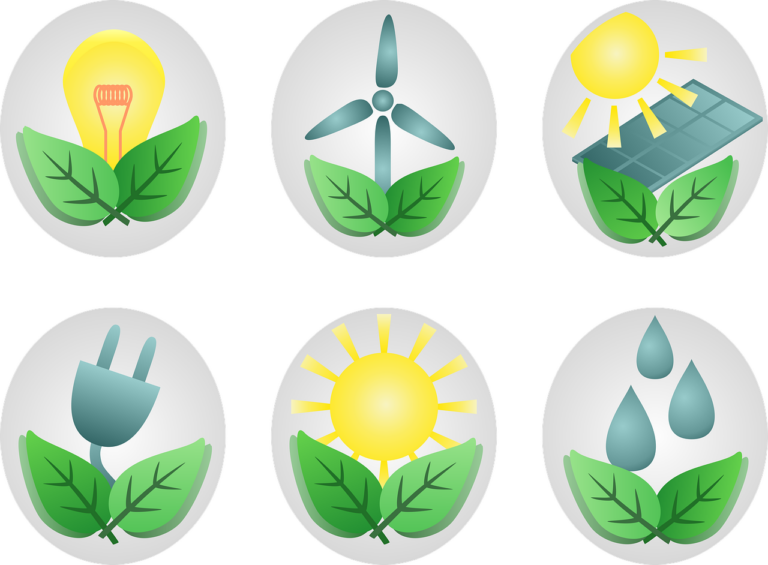
Tokyo: While there was a broad agreement on the importance of keeping supply chains open and predictable, participants at a High-Level Dialogue on “Expanding COVID-19 vaccine manufacture to promote equitable access” jointly organized by the World Health Organization and the World Trade Organization (WTO) only July 21, 2021, differed in their perspectives on the proposed waiver of the WTO’s Trade-Related Intellectual Property Rights Agreement provisions pertaining to vaccines and other products needed to combat COVID-19.
Set featured imageWTO D-G Okonjo-Iweala pointed out that there was little transparency with regard to vaccine contracts or input markets, “though the new COVAX marketplace should help match input demand with supply”. While mentioning that production of Covid-19 vaccines remains highly centralised — about 75% of this year’s vaccines appear set to come from five WTO members — China, India, Germany, the United States, and France, of the about 50 COVID-related export restrictions that remain in force, approximately 27 could affect some vaccine ingredients and manufacturing materials.
Several senior policymakers, heads of multilateral agencies, vaccine manufacturers, development finance institutions, global health initiatives and public health activists, had participated in the event, which was held under the Chatham House Rule, aimed to identify obstacles and propose solutions for increasing vaccine production and closing the wide gap in vaccination rates between rich and poor countries.
Multiple participants noted that uncoordinated national recognition of WHO-approved vaccines could leave many vaccinated people unable to travel to places where their vaccines are not recognised. In this regard, they urged countries to accept all WHO-approved vaccines.
“I want to emphasise that WHO values highly the role of the private sector in the pandemic and in every area of health. The intellectual property system plays a vital role in fostering innovation of new tools to save lives. But this pandemic is an unprecedented crisis that demands unprecedented action. With so many lives on the line, profits and patents must come second,” WHO Director-General Dr. Tedros Adhanom Ghebreyesus said. He added: “Of course, we can’t snatch your property. What we’re proposing is for high-income countries to provide incentives to the private sector because you deserve recognition, and we don’t want you to have financial problems because of IP waiver.”
The discussions touched upon a wide range of issues where greater international cooperation would be beneficial. Participants described current and projected production volumes as well as plans for new investments in production capacity. They shared experiences about specific supply chain bottlenecks they were encountering, from export restrictions and raw material shortages to onerous regulatory processes, and exchanged ideas on how these might be addressed.
“While over 200 technology transfer agreements have been struck by vaccine developers over the last year, we know that there is more to do to facilitate the manufacture and distribution of vital treatments and technologies,” Daren Tang, Director-General, World Intellectual Property Organization (WIPO) said.
Tang informed that WIPO along with WHO and WTO have agreed to implement a joint gateway for tripartite technical assistance to support countries in assessing, prioritising and responding to unmet needs for COVID-19 vaccines and related technologies. Work on this continues, alongside our broader collaboration at the intersection of public health, IP and trade, he said. According to him this trilateral work was critical “as it will allow address us to bring our expertise and resources together and provide holistic solutions to the challenges we face”. Last week, WIPO ha also announced a package of Covid-19 related assistance for Member States. It comprises of five areas where we have expertise to offer – including Policy and Legislative Assistance as well as Innovation Support and Technology Transfer.
The participants discussed issues around the transfer of know-how and technology as well as factors influencing their decisions on licensing intellectual property.
– global bihari bureau





